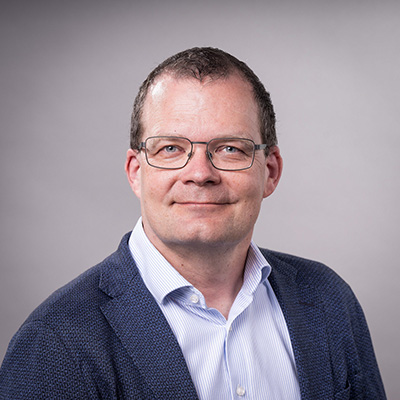The 11th Financial Centre Meeting in Frankfurt – “the best Financial Centre Meeting ever” (Quote: Jens Zinke, Managing Director of WM Group).
Almost 700 registered participants from institutions ranging from A (like ABN Amro) to Z (like Ziraat Bank) filled the conference rooms, formed long queues at the buffet and attended the stands of the numerous exhibitors, including our company.
The first talk by a surprise speaker, Michael Schmidt of Deka Investments, focused on an interesting subject: a sustainable financial system for Europe – with many insights into the work of the EU High-Level Expert Group on Sustainable Finance. The Group prepares a report about the challenges and chances of a sustainable financial system considering topics such as population growth, climate change and digitisation.
The asset management industry plays a major role in investment decisions by means of asset allocation. Hence, it has to tackle the conflict between investors’ orders and the social goal of sustainability. In the long run, both goals do not exclude each other: sustainable companies also make good profits. However, many prices on the market, e.g. the CO2 price, are still too low to make sustainability attractive for short-term investments.
Our impression: The financial industry has changed drastically during the past few years. Such a presentation would not have been possible under the logo of a major asset manager ten years ago. A good omen!
Brexit – chance and challenge
The Brexit is a chance as well as a challenge for the financial centre Frankfurt. One of the major concerns is the relocation of euro swap clearing to the EU. Deutsche Börse and the entire financial centre strongly advocate Frankfurt as location, since Paris has been chosen as the centre of European banking supervision.
Our impression: Frankfurt will definitely not be one of the losers of Brexit. A pragmatic BaFin could entice more institutions to come to Germany, which would surely be no harm for any of the participants of the Financial Centre Meeting.
MiFID II – much work still to be done in the area of investor protection
More than three years and many millions of euro after adoption, MiFID II has been in force for several weeks. As expected, not a perfect start, but no catastrophe either. Elisabeth Rögele (BaFin) dealt with the key issues in her talks: need for action regarding tick size (assignment of instruments to the liquidity bands specified by MiFID II and the resulting tick), pre-trade transparency (publication obligations for exchanges, MTFs and systematic internalisers) and reporting obligation for commodity derivatives. The new provisions for investor protection are gradually becoming established. There are some initial problems regarding cost transparency, also because of insufficient supply with product data.
Our impression: MiFID II did not have a smooth start. Particularly in the field of investor protection, much work remains to be done and standards are likely to become stricter. The remaining activities will probably not be completed before the end of 2019.
Digitisation in the financial industry
The FinTech Germany Award was the first opportunity for FinTechs to present themselves at the Financial Centre Meeting. Apart from young startups, well-established companies presented their approaches for a digitised world. Especially the roles of the settlement banks and their infrastructure are a controversial issue. Lively discussions also resulted from the talk given by Götz Röhr, HSBC Transaction Services, about his vision of settlement banks as provider of an infrastructure compliant with the Securities Supervision Act and MiFID II. In addition, our presentation addressed the impact of the digital revolution on software solutions such as our securities software solution GEOS. During this talk we had the chance to present prototypes for user experience and the use of artificial intelligence in settlement systems.
Our impression: There are FinTechs but at the moment primarily as users of the traditional financial industry infrastructure. It is an enormous technological challenge to make this infrastructure attractive for new market participants. What is really important: New technologies have to ultimately reach the customers and satisfy their needs.
We are looking forward to the Financial Centre Meeting 2019!




